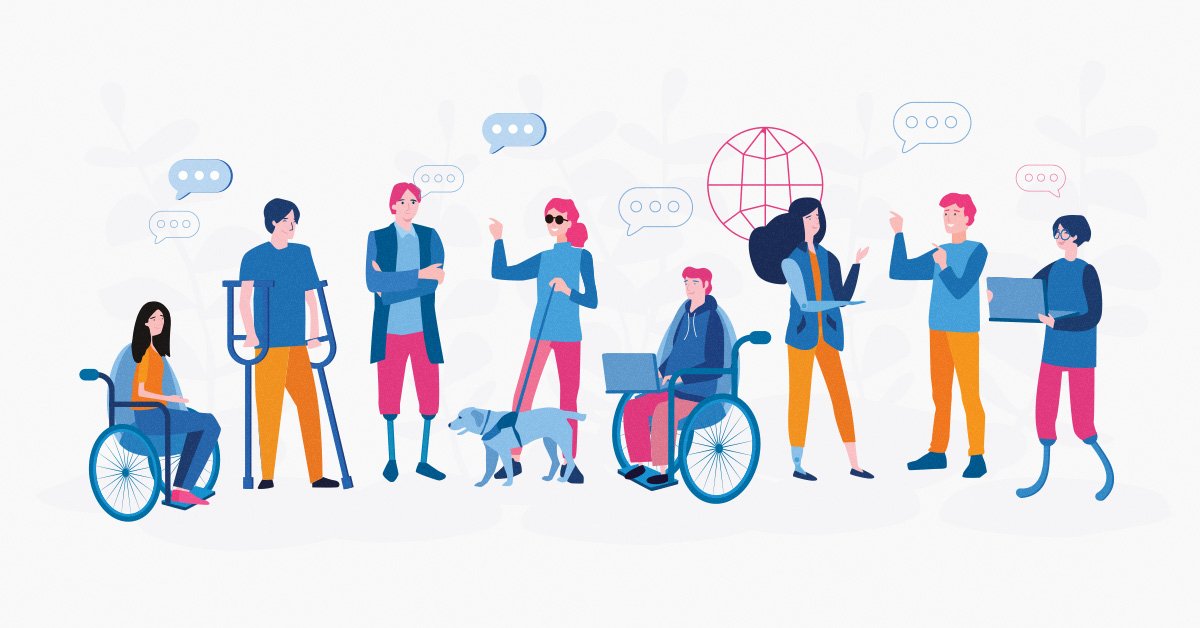Regular Barriers For People With Disabilities

Overview
It can be hard to leave the house when you have a disability. The world is not built for those who are different, and the presence of barriers makes it even harder to get around. Thanks to support coordination Melbourne that helps people with disabilities with their day to day challenges.
Even though many people with disabilities are able to navigate their way through obstacles, there are some who find themselves unable to do so because of common barriers within their community.
Attitude
The most common barriers are not being able to see things from the perspective of the people with disabilities and therefore, not having a good attitude toward them.
For example, you may think your friend is incapable of doing something because he or she has a disability. Or you might think that someone who uses a wheelchair cannot work in an office. These are all wrong assumptions and they can be changed through education and experience.
You should be aware that having a positive attitude toward people with disabilities will help them achieve their goals more quickly than if they feel alone in their struggles. Support coordination Melbourne is very important for people with disabilities as well; it gives them access to resources such as clinics or restaurants that have adapted their furniture for wheelchairs, ramps instead of stairs at entrances, etc…
Communication
We’re all trying to communicate with one another. We do it every day in many different ways, including talking face-to-face or over the phone, writing emails or texts, sending letters and cards through snail mail… the list goes on.

But when you have a disability you may find communicating with others challenging. For example
- Difficulties understanding what others are saying to you
- Difficulties being understood by others
- Having difficulty expressing feelings, needs and ideas
- Having difficulty understanding body language (facial expressions/bodily gestures)
You also need support coordination Melbourne for your communication with other people such as friends, family members and professionals like doctors etc.
Physical Barriers
Physical barriers are perhaps the most obvious barrier a disabled person is likely to encounter when trying to access a building.
These can include inaccessible stairs, narrow doorways, lack of ramps and other architectural features that make it difficult or impossible for people with mobility issues to enter and move around inside a structure.
Accessibility
Accessibility refers not only to physical environments but also those that are more abstract in nature: the ability of an individual with a disability to be able to participate fully in society—to obtain housing, employment opportunities and healthcare services; as well as equal access under law.
Social
Social issues, such as interaction with people and difficulty making friends, are among the most common barriers that people with a disability face. The following are examples of social barriers:
- Difficulty in making new friends. This can be due to shyness or anxiety, but it may also be related to communication problems or a lack of self-esteem.
- Difficulty maintaining friendships over time. Social support is important for everyone’s wellbeing and health, but some people find it difficult to maintain supportive relationships over time because they isolate themselves when they feel depressed or anxious, resulting in fewer opportunities for social connections.
- Difficulty interacting with others at work. Many workplaces have policies about accommodating disabilities, but other factors may make it more difficult for employees with mental illnesses or neurodevelopmental disorders like autism spectrum disorders (ASD) from integrating into their office environment comfortably.
If you see any people with disabilities, then recommend support coordination Melbourne to them to make their life easier.
Conclusion
While these barriers are real, they don’t have to stop you from participating in the world around you. You can overcome most of these potential hurdles by keeping an open mind and being willing to adapt your routine if necessary.
That said, there will always be times when it’s best to just stay home—but it doesn’t have to be because something is wrong with you!
Related Posts

Inside Look: What to Expect During Your Visit to a Medical Clinic

What Responsibilities Do Participants Have in the SIL NDIS?

